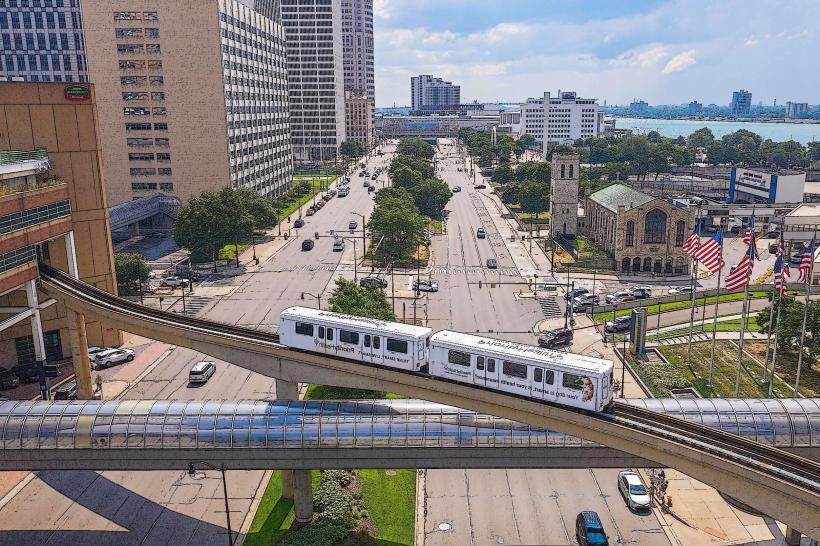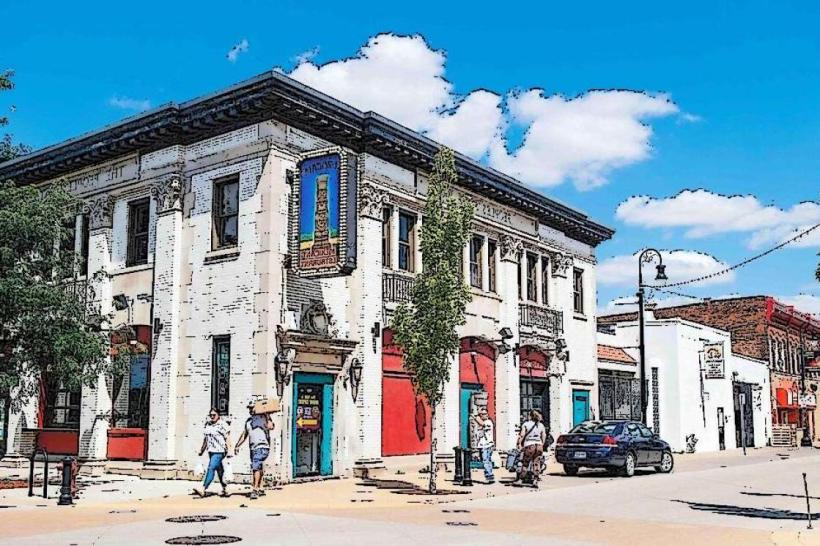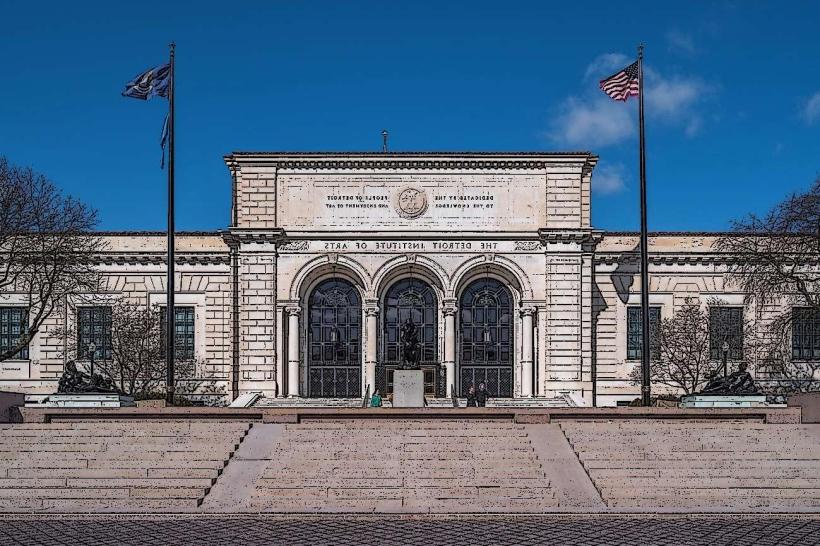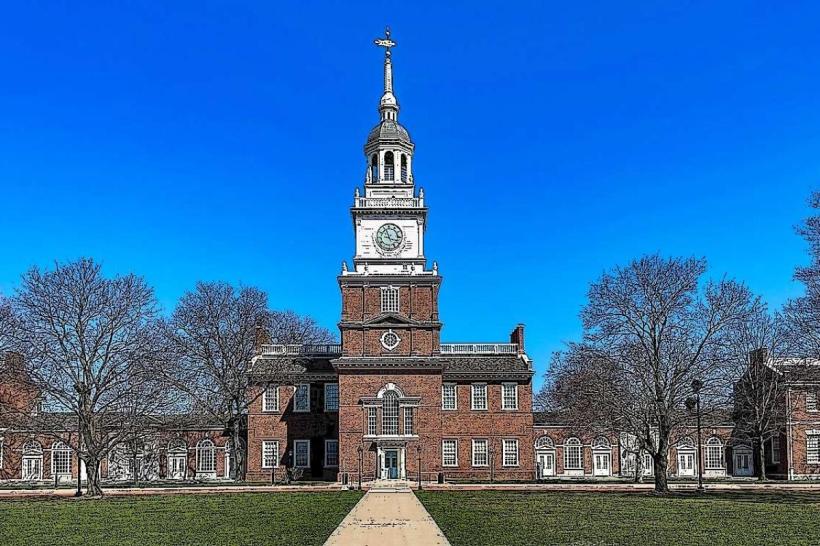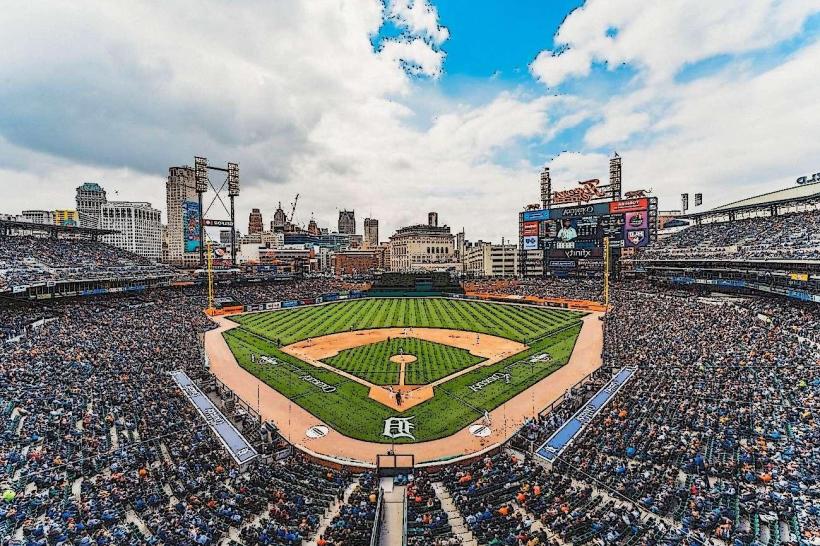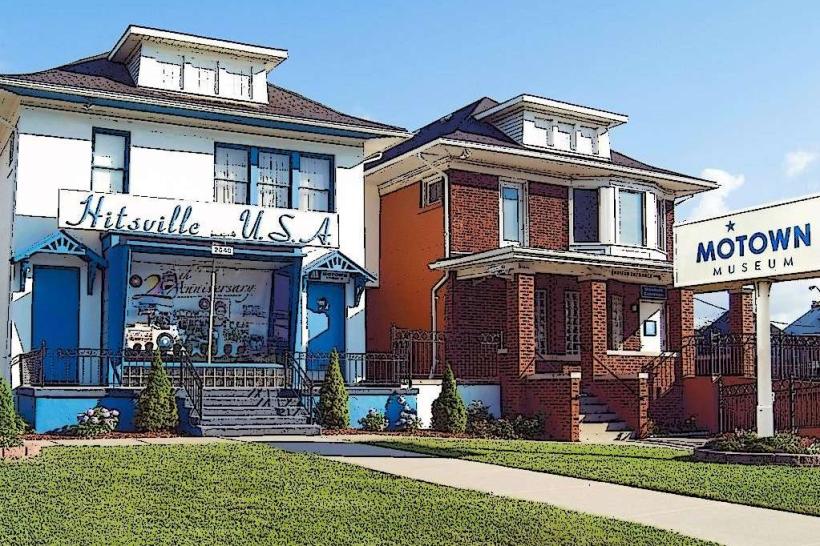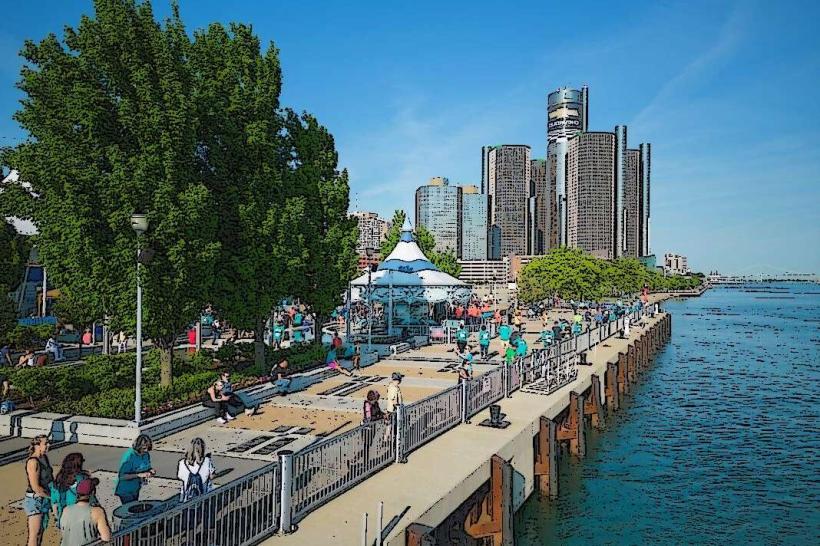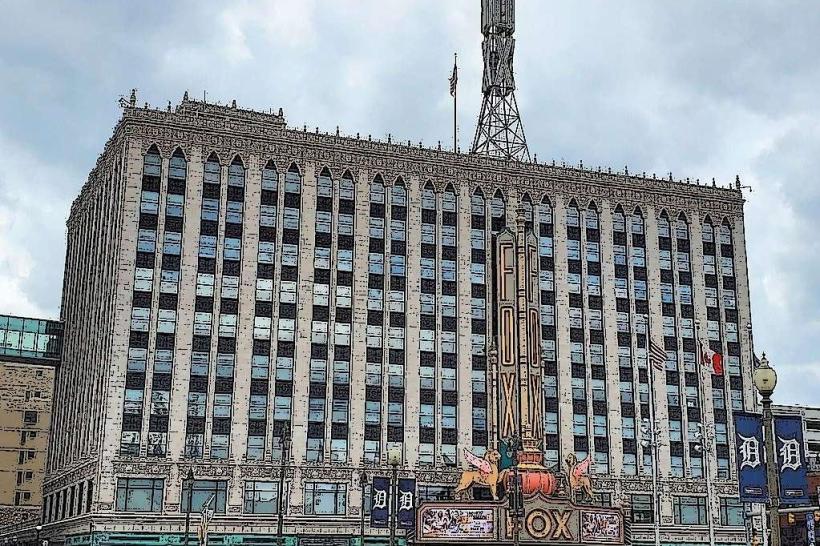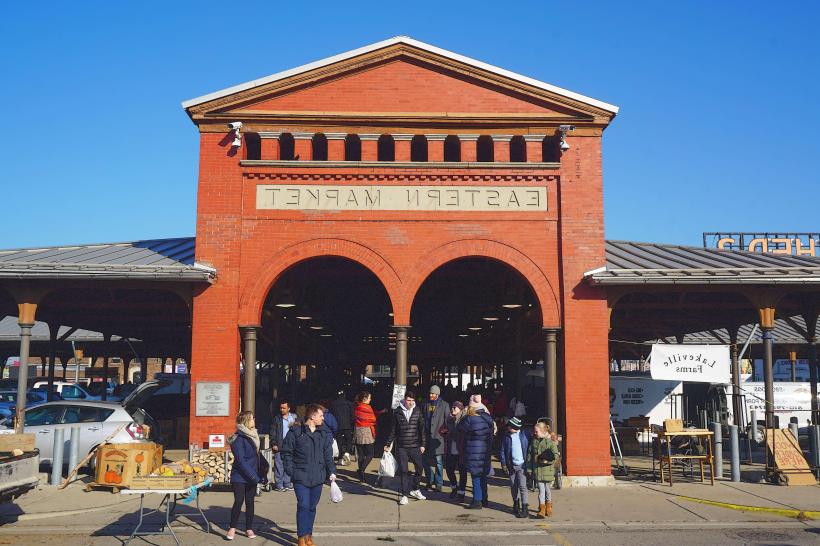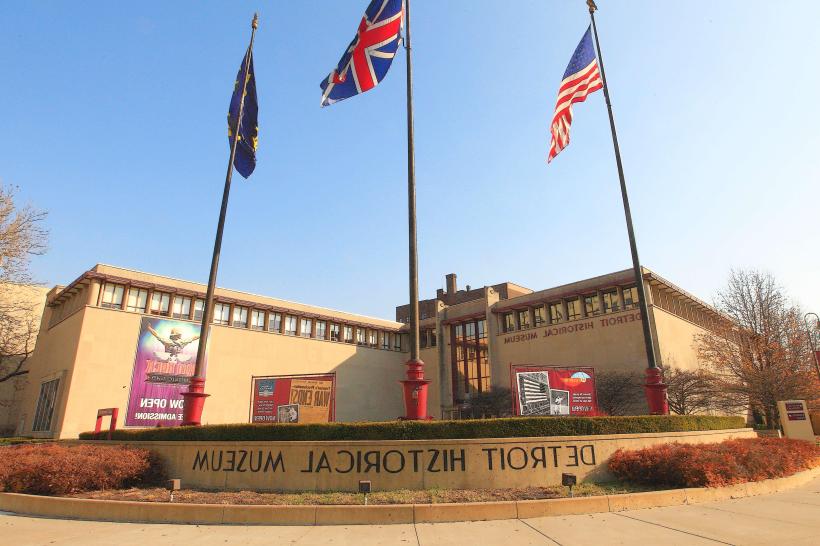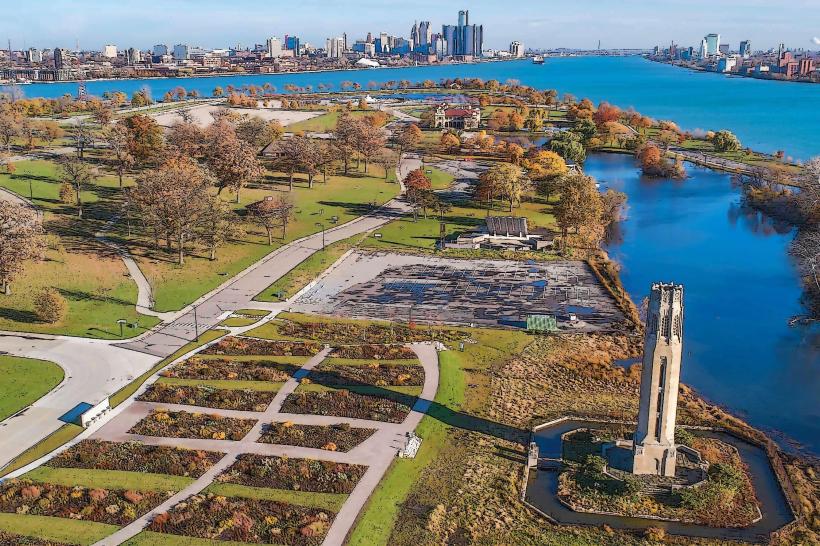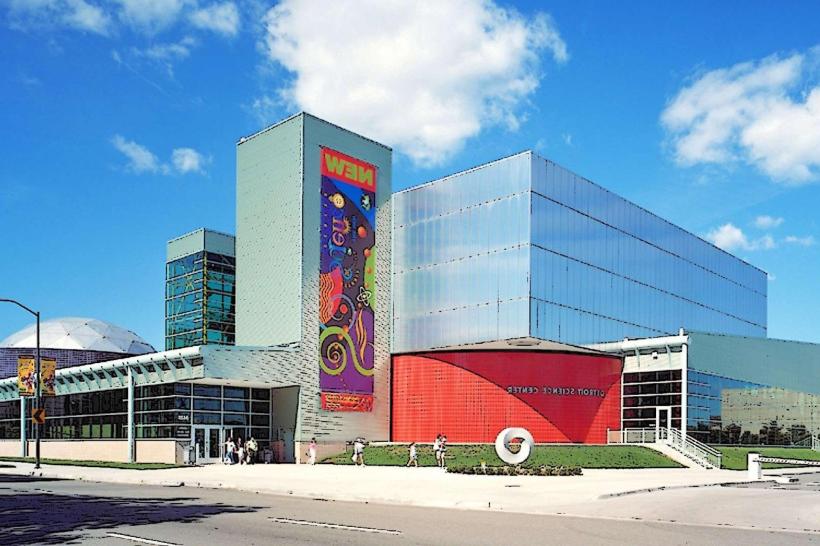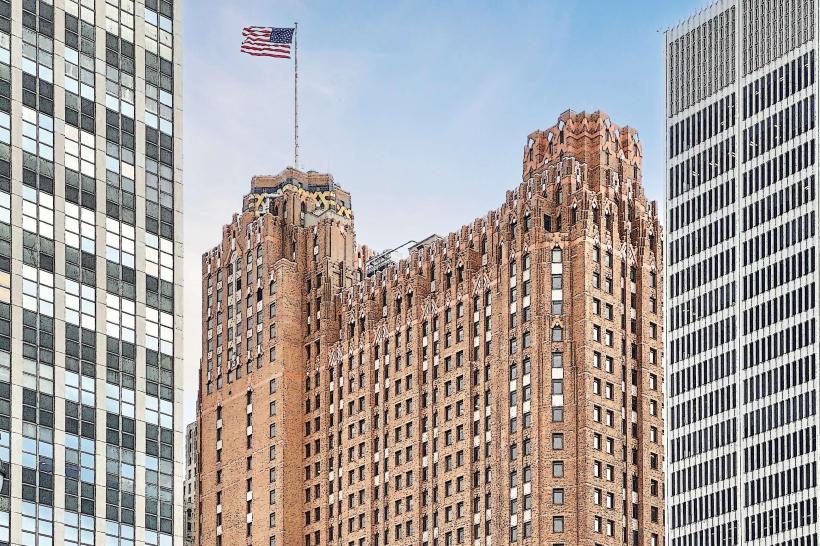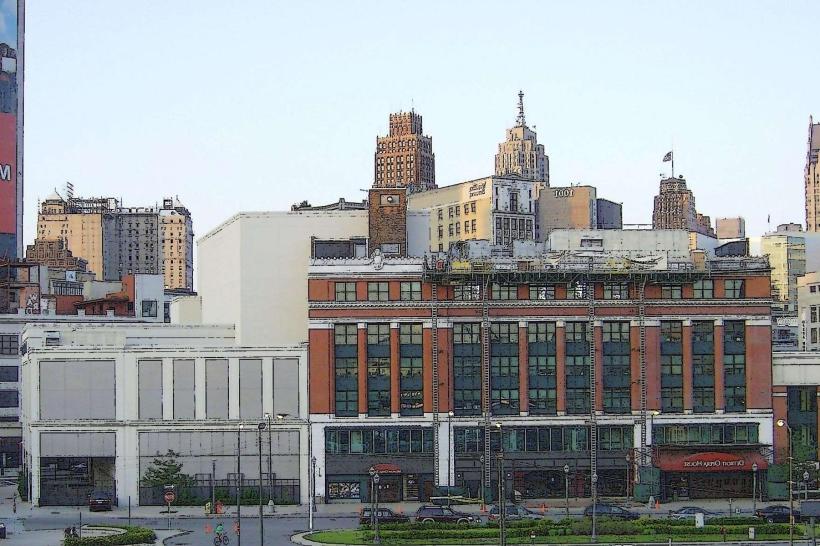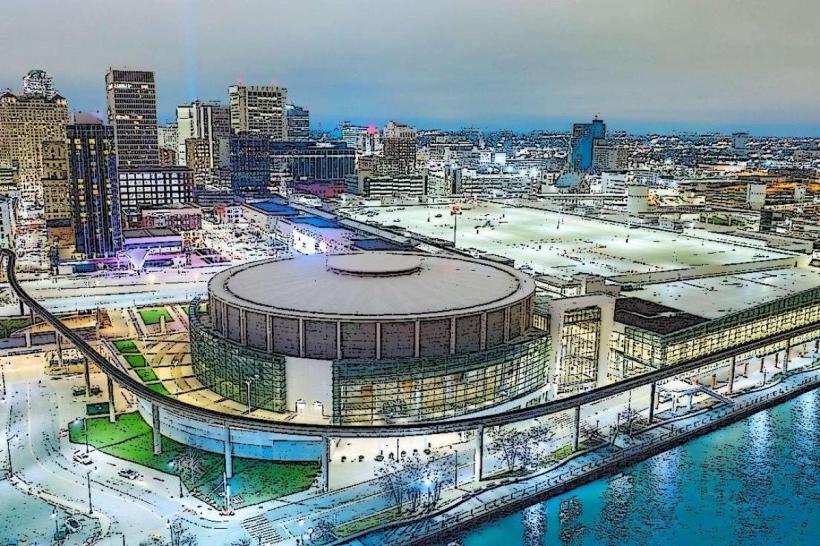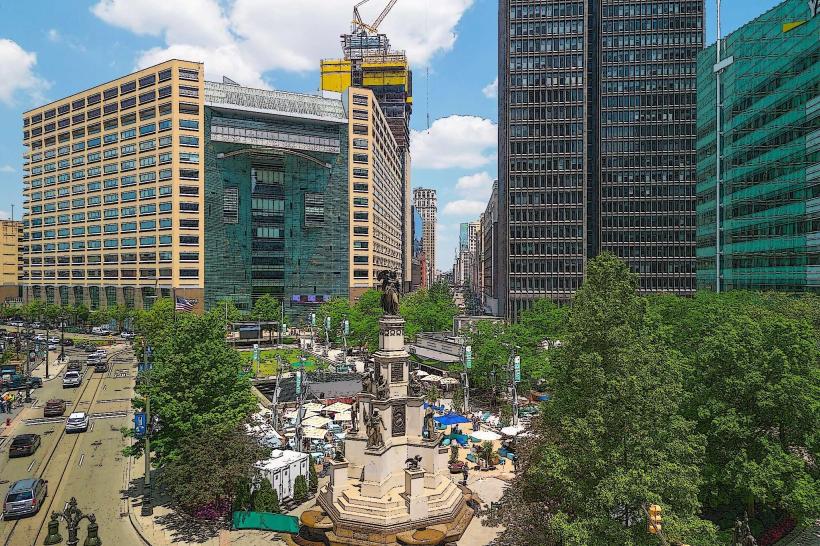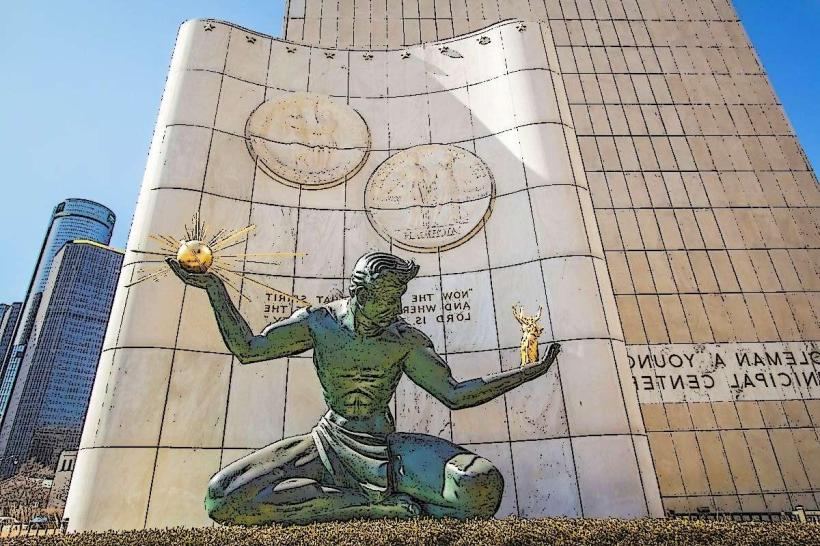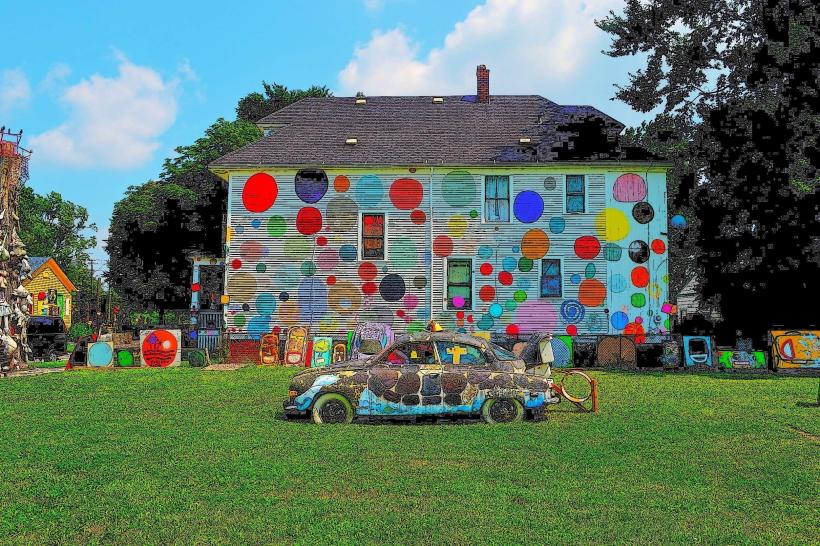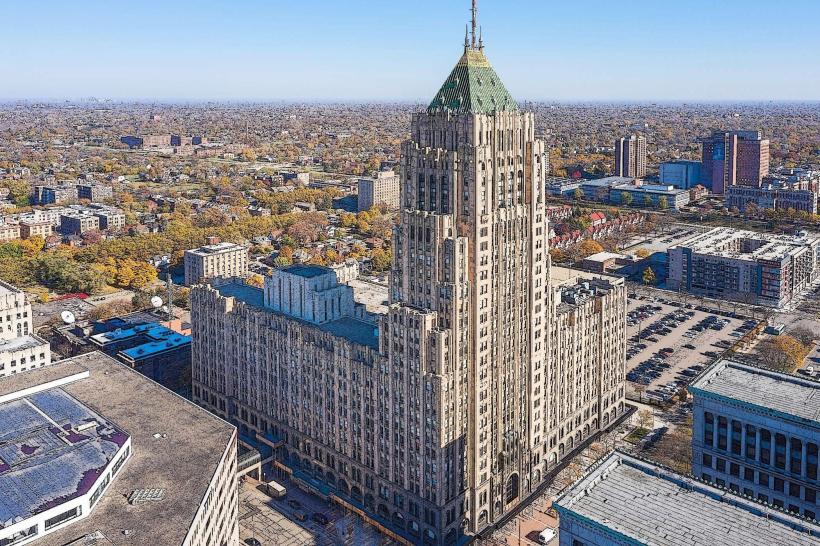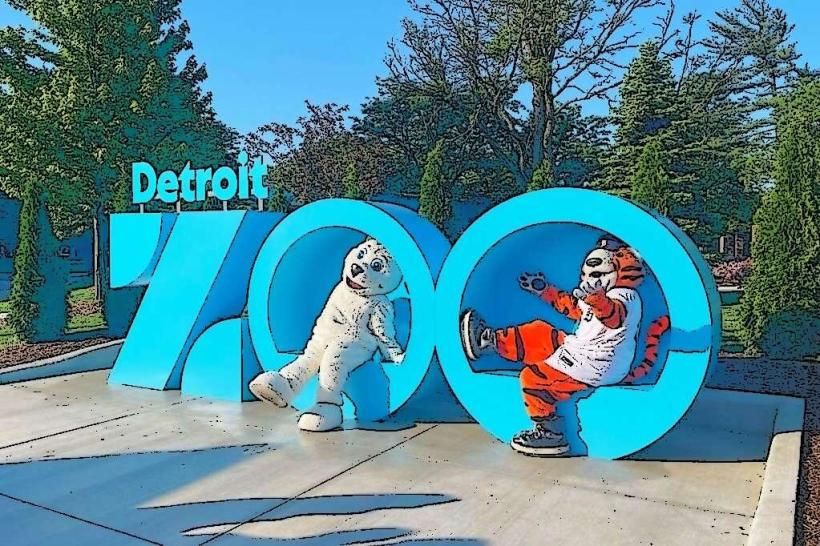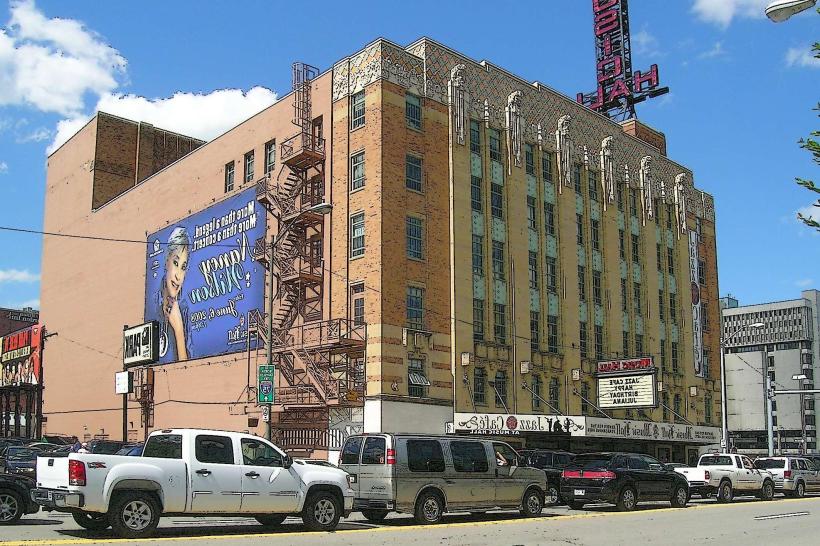Information
Landmark: Detroit GreektownCity: Detroit
Country: USA Michigan
Continent: North America
Detroit Greektown, Detroit, USA Michigan, North America
Detroit Greektown is a historic neighborhood located in downtown Detroit, Michigan. It is recognized for its distinct cultural heritage and commercial activity.
Visual Characteristics
The district features a mix of architectural styles, predominantly late 19th and early 20th-century commercial buildings. Facades are often brick or stone, with some featuring decorative cornices. Street-level retail spaces are common, interspersed with restaurants and bars. The area is characterized by its pedestrian-friendly sidewalks and street lighting.
Location & Access Logistics
Greektown is situated east of Woodward Avenue, accessible via I-375. The nearest major intersection is Monroe Avenue and Beaubien Street. Parking is available in multi-story garages, including the Greektown Casino Hotel Garage and the Financial District Garage. Public transport options include the Detroit People Mover, with a Greektown station located at Cadillac Square. Several bus routes operated by the Detroit Department of Transportation (DDOT) serve the surrounding area.
Historical & Ecological Origin
The area began to develop in the mid-19th century, with Greek immigrants establishing businesses and residences in the early 20th century. It evolved into a commercial and cultural hub for the Greek-American community. The neighborhood's origin is rooted in urban development and immigration patterns of Detroit.
Key Highlights & Activities
Activities include dining at Greek restaurants, exploring ethnic food markets, and visiting the Greektown Casino Hotel. The area hosts various festivals and events throughout the year. Walking tours focusing on the neighborhood's history are available.
Infrastructure & Amenities
Restrooms are available within most restaurants and the casino. Shade is provided by awnings and building overhangs. Cell phone signal (4G/5G) is generally strong throughout the district. Numerous food vendors and restaurants are present within the neighborhood.
Best Time to Visit
Evenings and weekends are typically busiest due to restaurant and entertainment operations. For photography, early morning or late afternoon light offers softer illumination on the building facades. Weather is most favorable for outdoor exploration during late spring, summer, and early autumn months (May through October).
Facts & Legends
A notable historical fact is that the neighborhood was once home to a significant portion of Detroit's Greek Orthodox population, with churches and community centers established here. The area's resilience is often cited, having undergone significant urban renewal while retaining its distinct identity.
Nearby Landmarks
- 0.3km West: Campus Martius Park
- 0.5km Northwest: Guardian Building
- 0.7km Southwest: Renaissance Center
- 1.2km North: Comerica Park
- 1.5km Northwest: Ford Field


